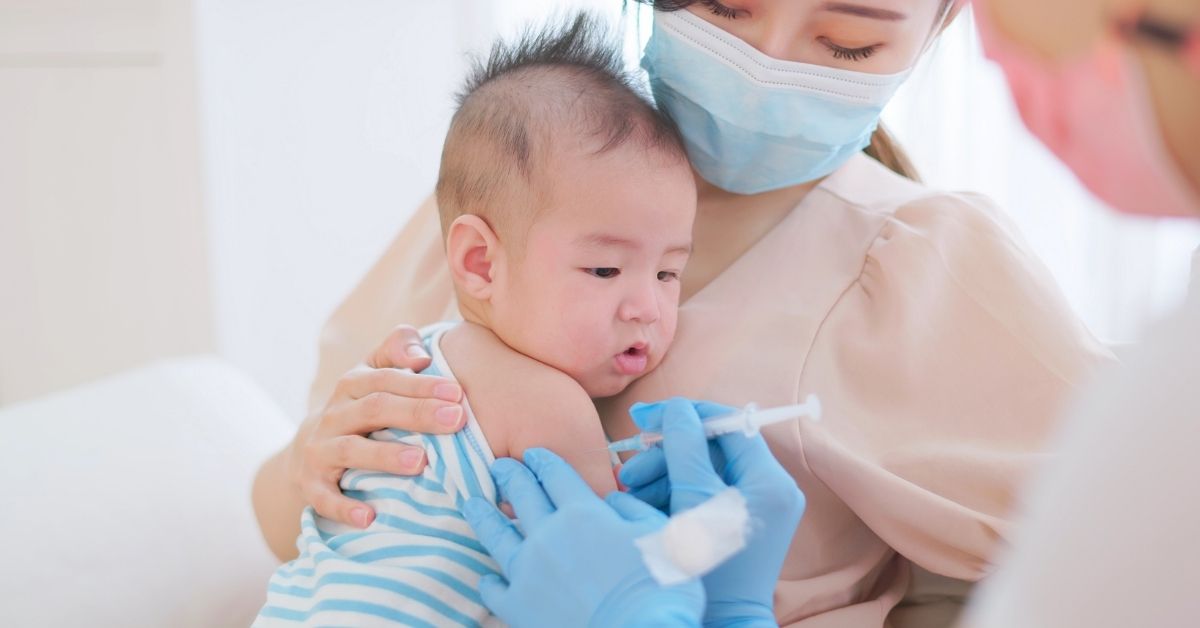Introduction: The Role of Clinical Trials in Pediatric Care
Pediatric clinical trials are essential to advancing medical treatments for children, ensuring both safety and efficacy across various diseases. While adult clinical trials have a longstanding history, pediatric trials face unique challenges due to children’s physiological differences, developmental stages, and ethical considerations. By conducting thorough clinical research, medical practitioners and pharmaceutical companies can better address the specific health needs of children, developing therapies tailored to this unique population.
What Is a Clinical Trial?
A clinical trial is a research study conducted to test a new medical intervention, such as a drug, device, or therapy, on human volunteers. These trials follow a rigorous protocol and often include multiple phases to evaluate safety, efficacy, dosage, and side effects. Each phase provides critical information to researchers, ensuring that the intervention meets medical standards before it becomes widely available. In pediatric care, clinical trials are crucial, as children often respond differently to treatments compared to adults. Pediatric clinical trials help identify appropriate dosages, side effects, and long-term impacts unique to younger patients.
Significance of Clinical Trials in Pediatrics
Clinical trials in pediatrics hold immense significance. First, they address a fundamental gap in medical research by ensuring children receive safe and effective treatments. Without pediatric-specific trials, children would have to rely on adult data, which may not be fully applicable due to differences in metabolism, body composition, and organ development.
Importance of Pediatric Clinical Trials
Pediatric clinical trials are essential for various reasons:
1. Safety and Efficacy: Trials establish safety and efficacy parameters specific to children, accounting for age, growth, and physiological differences.
2. Appropriate Dosage: Children’s dosages differ from adults, and trials help determine accurate dosing to avoid under- or overdosing.
3. Long-term Impact: Clinical trials allow researchers to track the long-term impact of treatments on children, crucial for understanding how therapies may affect growth and development.
4. Improved Access to New Treatments: Trials often provide patients with early access to potentially life-saving therapies.
5. Enhanced Treatment Guidelines: Clinical trials lead to improved guidelines, ensuring pediatricians have clear, research-backed recommendations for treating various conditions in children.
How Are Pediatric Clinical Trials Conducted?
Pediatric clinical trials follow similar stages as adult trials but incorporate additional safeguards and ethical standards. These phases include:
1. Preclinical Studies: Research is conducted on non-human subjects to gather initial data on safety and efficacy.
2. Phase 1 Trials: A small group of volunteers tests the intervention to identify safety, dosage, and side effects.
3. Phase 2 Trials: The trial expands to include more participants to assess the intervention’s effectiveness.
4. Phase 3 Trials: A larger cohort participates to confirm the therapy’s effectiveness and monitor for adverse effects.
5. Phase 4 Trials (Post-Marketing Surveillance): Following approval, ongoing monitoring helps detect long-term side effects.
In pediatric trials, parental consent is critical. Parents or guardians must be fully informed about potential risks and benefits before consenting. Additionally, researchers often involve children old enough to understand the study, using age-appropriate language to explain procedures.
Essential Pediatric Clinical Trials for Specific Diseases
Pediatric clinical trials play a critical role in managing various diseases. Some key conditions that benefit from clinical trials include:
• Asthma: Trials help identify safe, effective medications tailored to children’s respiratory systems.
• Cancer: Pediatric cancer trials test new therapies and explore better survival options for young patients.
• Diabetes: Clinical trials test novel insulin therapies and medications to improve glucose control in children.
• Cystic Fibrosis: Trials evaluate treatments targeting the underlying causes of this genetic disorder, improving lung function and quality of life.
• Mental Health Disorders: Trials help develop therapies for conditions like ADHD, anxiety, and depression in children, addressing the unique developmental needs of young minds.
Conclusion
Clinical trials in pediatrics are essential to ensuring that children receive safe, effective, and age-appropriate treatments. These trials bridge a critical research gap, allowing healthcare providers to offer treatments that have been thoroughly tested for pediatric use. By advancing medical understanding of childhood diseases, clinical trials pave the way for innovative therapies and improved treatment guidelines, ultimately enhancing the health and quality of life for young patients.
Note to Parents
Your child’s participation in clinical trials can significantly advance pediatric medicine. It provides them access to cutting-edge treatments and helps improve future care for children with similar health conditions. Speak with your child’s doctor to understand the trial’s details, benefits, and risks before deciding.








